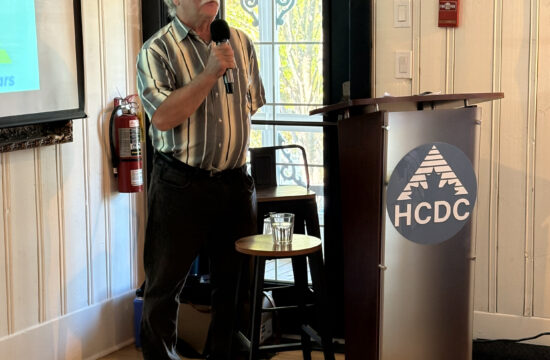By Emily Stonehouse
It’s official. As of 12:01 a.m. on Sept. 11, the Ontario Public Service Employees Union (OPSEU) has declared a strike amongst college support staff, in an effort to ensure job security, says the union.
“This is not just a fight for a contract,” says a statement on the OPSEU website, “it’s about the future of student support. We’re fighting because we know our students need us.”
The strike occurs in the midst of an ongoing dispute between OPSEU and the College Employer Council (CEC). The former has been seeking confirmation around job security and appropriate compensation for their roles. “Students deserve quality services kept in-house – not contracted out – and done by the support staff who know how to do the job and have institutional knowledge, not management,” said an official OPSEU statement online. “Instead, we’re seeing library technologists laid off and replaced by vending machines just weeks later. What’s next?”
The strike impacts more than 10,000 full-time support workers from Ontario’s 24 public colleges, including the local Haliburton School of Art and Design campus. “We’ve been given a trespassing order,” said Jennifer Downham, the art certificate coordinator for the college. “So we have to stay on the road, but we’re in good spirits.”
Downham and a crew of support staff donned signs along College Drive upon hearing the news of the strike. “Colleges are telling us they can’t pay us anymore,” said Downham, noting that her own job was cut in the process, but she was able to opt into retirement. “It’s been seven years since the government provided funding to Ontario colleges,” she said. “And the Ford government is funding the private sector.”
The model for programming at Haliburton School of Art and Design differs from traditional college programs. “We’re very unique,” said Downham, noting that the classes are broken down into weekly models, as opposed to by semester. This allows students in the arts programs to attain skills and knowledge on a fast-tracked timeline. “Our model is so different here.”
With support staff striking, the local college is able to keep programs running, but only two administrators are working in the facility. “After cuts there will be only two full-time office support staff left, that currently do not support full time academic programming,” explained Downham. “Plus one full-time support studio tech that supports part and full-time programming. Those two office staff will be expected to take on the brunt of workload, plus their own part time programming.”
While discussions have been occurring since June, the final dialogue between parties took place on Sept. 9. “The CEC enhanced its offer to the union bargaining team on September 9, while the union insisted on its ‘poison pill ‘ demands that make a deal impossible,” said the CEC. “At a time when college enrolments and revenues are down by as much as 50 per cent, OPSEU continues to insist on demands that are fiscally impossible.”
“CEC has repeatedly advised OPSEU that these types of demands simply can never be agreed to,” said CEC CEO Graham Lloyd. “They are more about broader political campaigns than the benefits we have proposed at the table for their members.”
The Ontario Federation of Labour stepped up and made their presence known in light of the discussions, noting that a strike would be “a last-ditch effort to protect Ontario’s public colleges.”
The organization referenced Ontario colleges as “the backbone” of Ontario’s economy. “They reduce poverty, drive employment, and strengthen communities across the province,” said the federation. “But instead of funding this vital and strategic public system, the Ontario government is manufacturing a crisis.”
This story is continuing to develop, and further updates will be shared once they become available.












